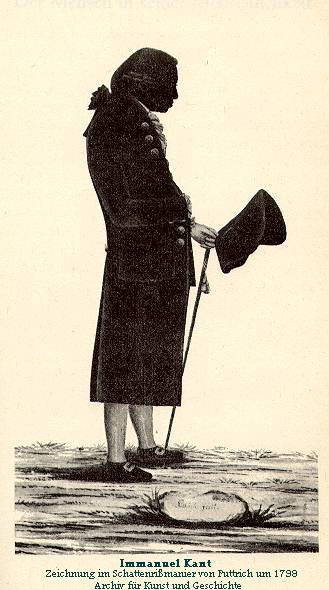Professor Kant first delivered a series of lectures on education in 1776/77. His views were influenced by and are often congruent with those of Johann Georg Sulzer, the leading (and scary) education theorist of the time in the German states. (Here’s an earlier post on Sulzer.) A re-reading of Kant’s On Education highlighted for me these two passages on imagination and fiction:
“Children generally have a very lively imagination, which does not need to be expanded or made more intense by the reading of fairy tales. It needs rather to be curbed and brought under rule.” (Section 73)
And:
“Novel-reading is the worst thing for children, since they can make no further use of it, and it merely affords them entertainment for the moment. Novel-reading weakens the memory. For it would be ridiculous to remember novels in order to relate them to others. Therefore all novels should be taken away from children. Whilst reading them they weave, as it were, an inner romance of their own, rearranging the circumstances for themselves; their fancy is thus imprisoned, but there is no exercise of thought.” (Section 69)

That’s from Kant’s On Education [1803], translated by Annette Churton (University of Michigan Press, 1960). Here is my close reading in the Philosophers, Explained series, stressing his themes of obedience, discipline, and punishment:
Jesus… Yet so unsurprising.
I haven’t read this by Kant yet. Thanks for posting the link to the original.
Must not one read him in his proper context as a Prussian pedagogue/philosopher? At that time insipid novels like “Pamela” or “Fanny Hill” (not to mention French ‘romances’ — “roman”, novel) drew many from the serious intentions of the day. Prussians always VERY strict! Obrigkeitstadt! The ‘Protestant work ethic’ in full force!